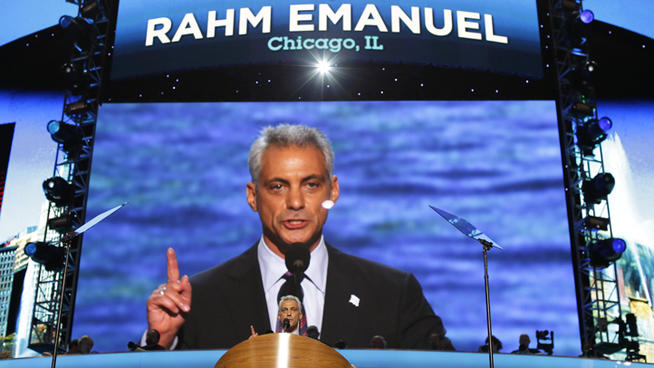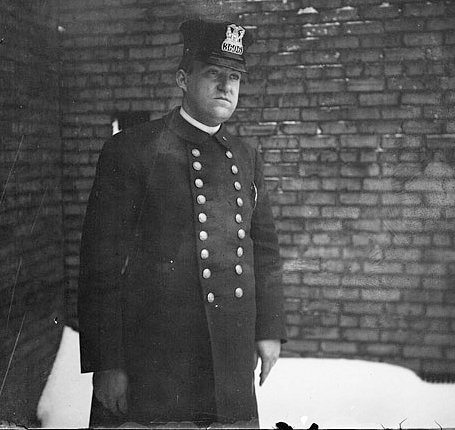
Chicago, the major American metropolis with the most stubborn racial divides, has seen its tale of two cities be told with even greater emphasis since Rahm Emanuel became Mayor. From Edward Luce’s insightful Financial Times article about the former Obama chief of staff:
“Crudely measured, Chicago is roughly a third white, a third black and a third Hispanic. Most Chicagoans seem to accept it that way. ‘We are the most segregated city in America,’ goes the joke. ‘Ain’t it great?’ Since Emanuel took office, however, things have polarised. Most white Chicagoans support him – as do a majority of Hispanics, according to the polls. Most African-Americans no longer do. The corporate world within Chicago’s elevated rail ‘loop’ has rarely had it so good. The same goes for pockets inside its largely Hispanic West Side. But Chicago’s South Side, where a young Obama cut his teeth as a community organiser, continues to fester. A rash of school closures last year did little to help. ‘Black families who can leave Chicago are still leaving,’ says Cobb. They call it ‘degentrification.’
Emanuel’s often testy relations with Chicago’s black neighbourhoods could be pivotal to his re-election next year. The gulf between the two Chicagos is at least as big as that between the ‘two New Yorks’, which Bill de Blasio, the new mayor of the Big Apple, has promised to bridge. De Blasio comes from the Democratic party’s liberal (‘Sandinista’) wing and promised to make New York’s Upper East Side pay more to make life better for its underclasses. Emanuel is closer to Michael Bloomberg, de Blasio’s predecessor, who drew on his philanthropic networks to revitalise New York’s economic heart. Both are enthusiasts for non-union charter schools. De Blasio, on the other hand, is a champion of the unions.
Emanuel’s Chicago versus de Blasio’s New York may be the closest America has to an experiment in how to make its cities both liveable and competitive in the 21st century. ‘Look, we face international forces that are far bigger than us,’ Emanuel told me in an interview in Mexico City, which he was visiting to inaugurate a city-to-city partnership (almost a quarter of Chicagoans were born in Mexico). I had asked him whether he and de Blasio were rivals. ‘We both have a great amount of concentrated wealth and great poverty,’ he replied. ‘My challenge is to make it a still-great city for the middle-class families that are the bedrock of Chicago.’
Emanuel’s impact so far depends on whom you ask.”
__________________
“It’s supposed to be fun”:





